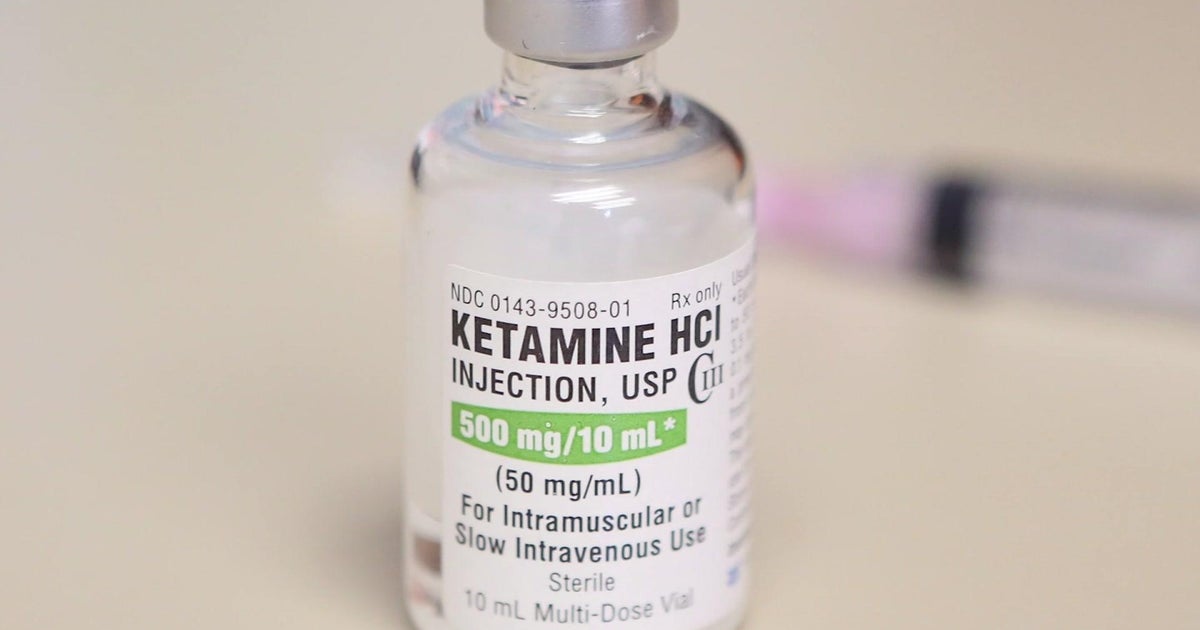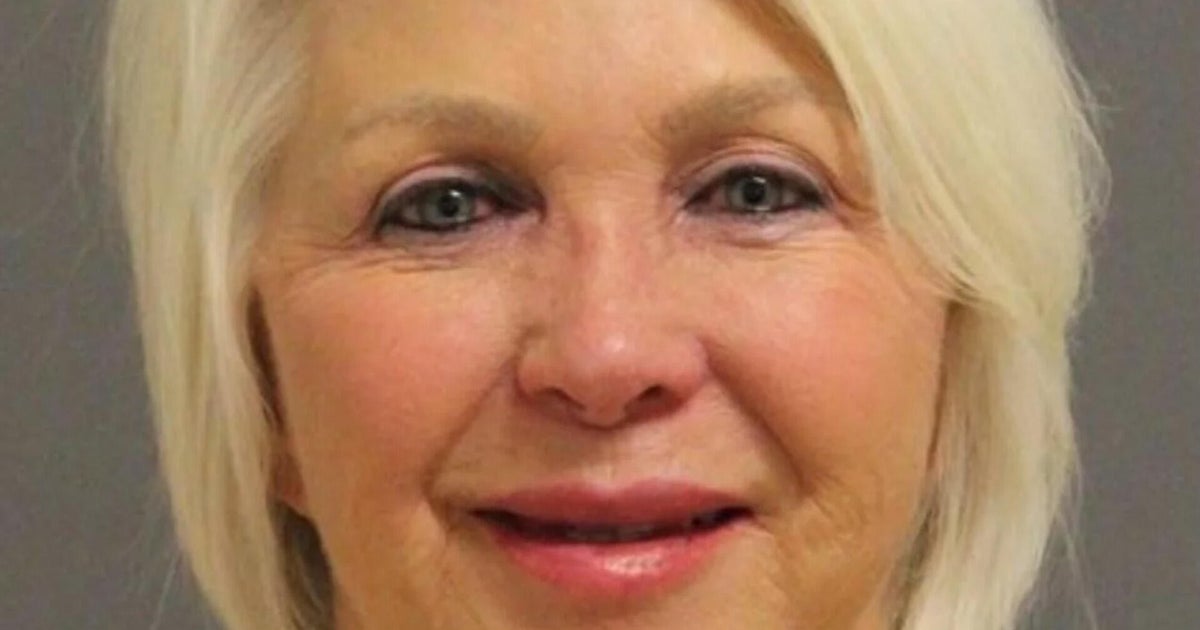Justice Department says mental health policies at Massachusetts prisons violate Constitution
The Department of Justice on Tuesday said the Massachusetts Department of Corrections violated the constitutional rights of inmates by failing to provide adequate support for those suffering from mental health crises.
"The department concluded that there is reasonable cause to believe that the MDOC fails to provide constitutionally adequate supervision to prisoners in mental health crisis; fails to provide adequate mental health care to prisoners in mental health crisis; and violates the constitutional rights of prisoners in mental health crisis by using prolonged mental health watch under restrictive housing conditions," the Justice Department said in a statement.
Among the Justice Department's allegations are that staff at MDOC, which housed approximately 8,700 prisoners in 15 facilities in 2019, didn't remove items prisoners under mental health or suicide watch could use to harm themselves and would place prisoners in "segregated, restrictive housing" rather than provide adequate treatment.
The Justice Department also claimed that MDOC's mental health watch placed inmates in "restrictive, isolating, and unnecessarily harsh conditions" for prolonged periods of time. The DOJ alleged that while MDOC policy says prisoners should only be placed on mental health watch for a maximum of four days, the department held 106 people for 14 days or more between July 2018 and August 2019. "51 of those prisoners remained on mental health watch for a month or more; 16 remained there for more than three consecutive months; and seven spent six consecutive months or more there," the DOJ said.
The Justice Department also alleged that "MDOC does not meaningfully increase therapeutic interventions for prisoners on mental health watch, and the restrictive conditions are often not individually tailored." The department said this results in the problem persisting "longer than necessary—sometimes for weeks or months—and in conditions that perpetuate the prisoner's crisis or even escalate it."
The DOJ said treatment interventions including counseling, group therapy and individual therapy are not provided to inmates on mental health watch.
"As a result of these failures and conditions, prisoners in mental health crisis have engaged in self-harm and have died or seriously injured themselves while on mental health watch," the Justice Department said.
The Justice Department highlighted multiple instances in which prisoners who were on mental health or suicide watch still managed to cut themselves with razor blades or harm themselves with other instruments. In one case, corrections officers allegedly did not intervene until 45 minutes after they were made aware of a prisoner's attempts at self harm.
"Some prisoners reported to us that these instruments were already in their mental health watch cells when they were transferred there, and three prisoners told us that correctional officers gave them razors specifically to self-harm," the DOJ said.
The DOJ also alleges that MDOC staff do not receive proper training in dealing with prisoners who are mental health or suicide watch.
"Based on interviews with security staff, we learned that any officer can be assigned to mental health watch, and that, in practice, junior officers without seniority get assigned to this post, because it is considered an undesirable posting," the DOJ claimed.
The Justice Department said there is "reason to believe" these conditions violate the Eighth Amendment, which protects against cruel and unusual punishment.
"Our investigation revealed that MDOC fails to provide adequate mental health treatment to prisoners experiencing a mental health crisis and instead exposes them to conditions that harm them or place them at serious risk of harm," said Assistant Attorney General Eric Dreiband.
The investigation into conditions in the Massachusetts prison system began back in 2018.
Governor Charlie Baker was sent a letter saying the department wishes to resolve the situation "amicably," but it may file a lawsuit after 49 days if the issues have not been corrected. The Justice Department said MDOC has been cooperating with the investigation and state prison authorities will work with the department's Civil Rights Division to develop reforms to their procedures.
A MDOC spokesperson told CBS News, "The Department of Correction continues to work closely with DOJ and has already begun to address the issues raised in the report and maintain the significant progress we have already made."
"The Department remains deeply committed to the health and well-being of all entrusted to our care and fully invested in protecting their physical safety and civil rights," the spokesperson added.





